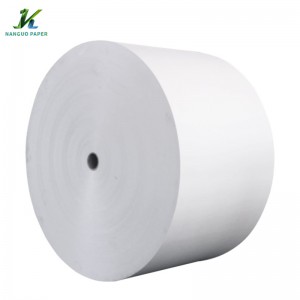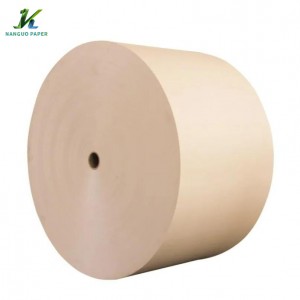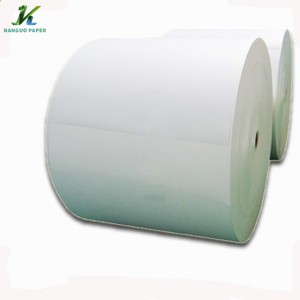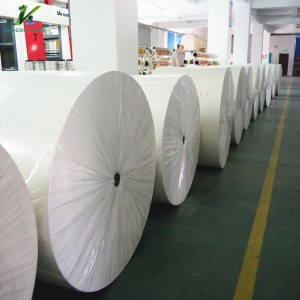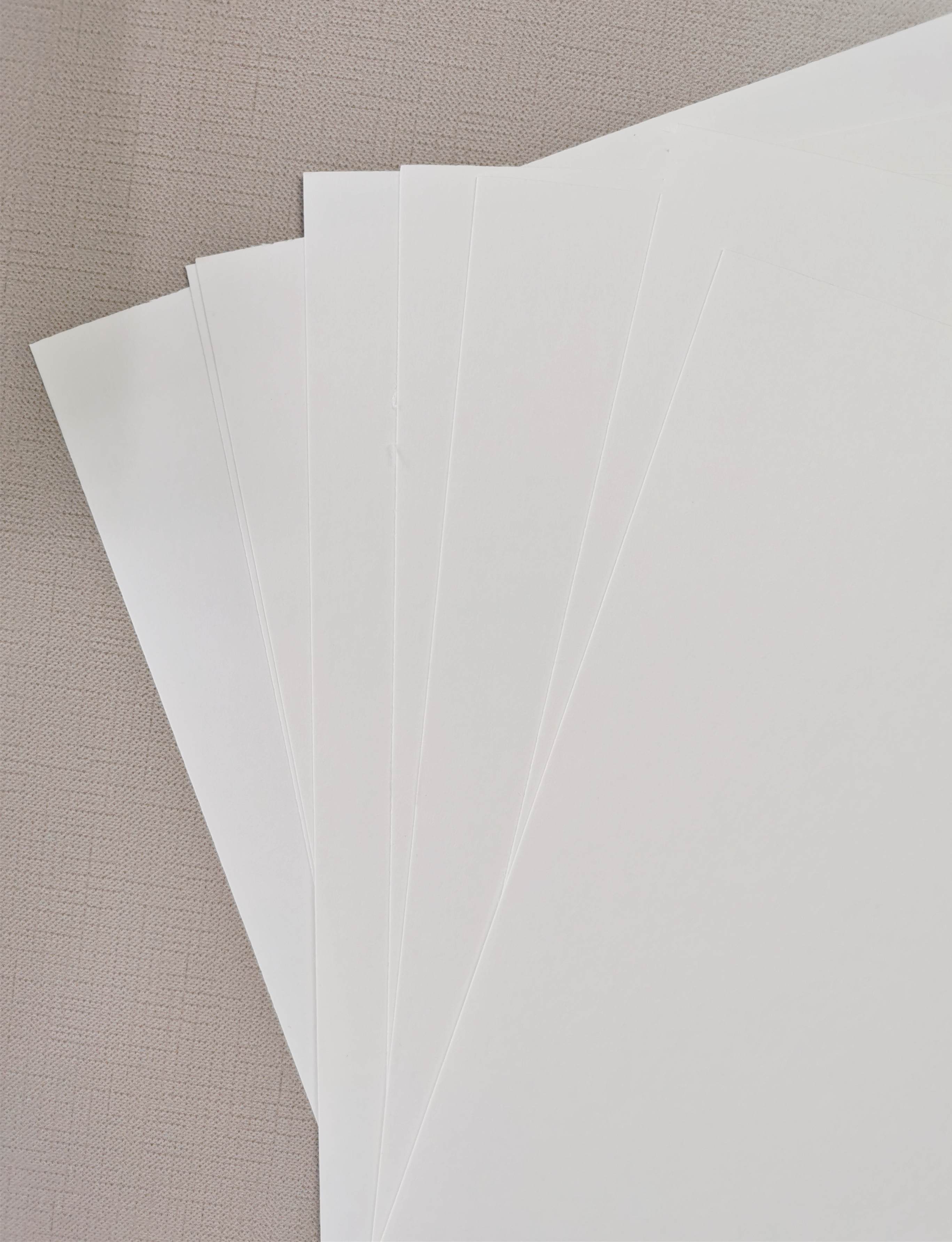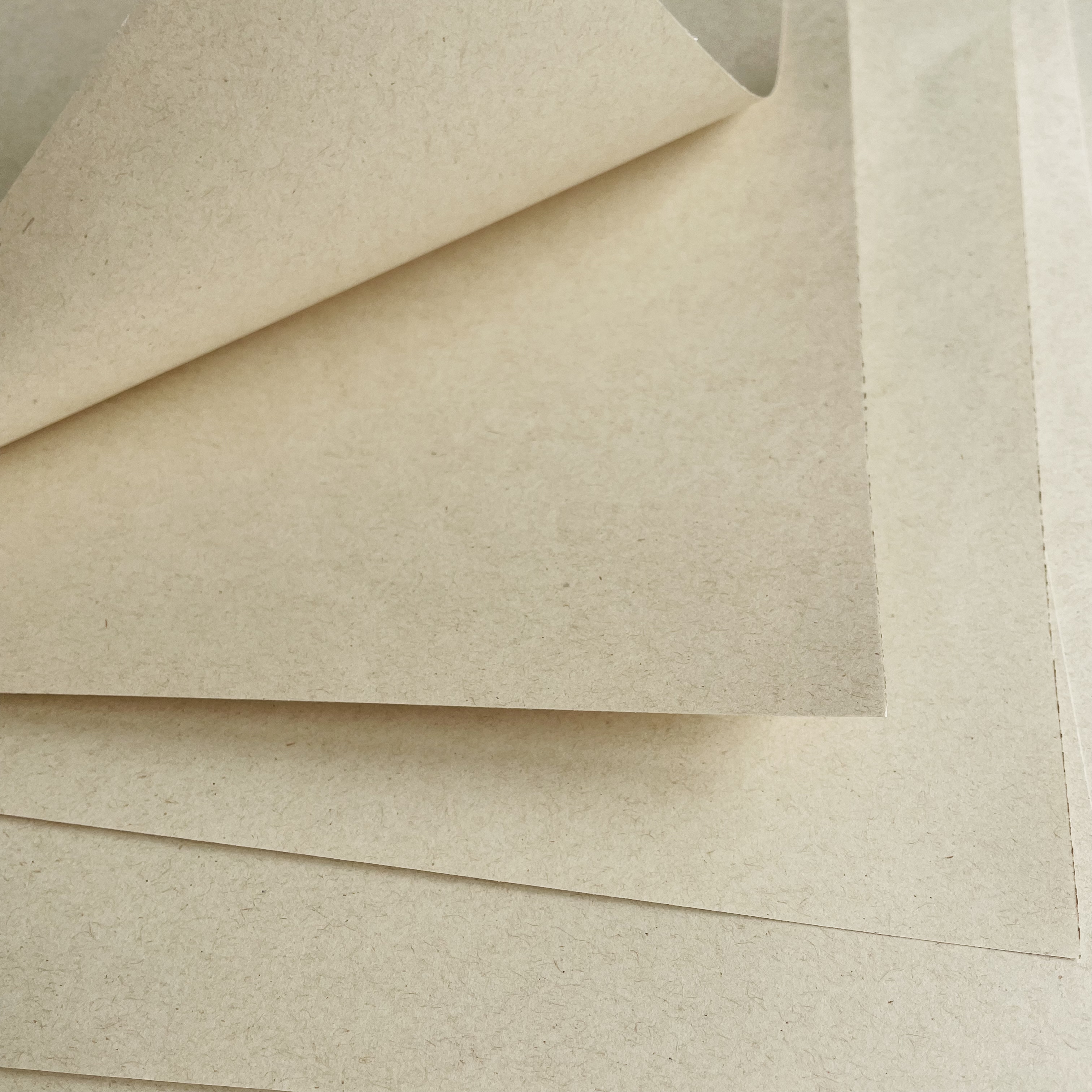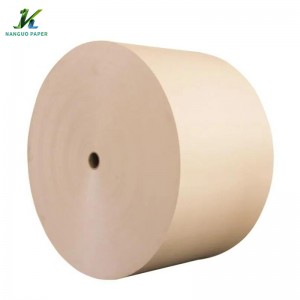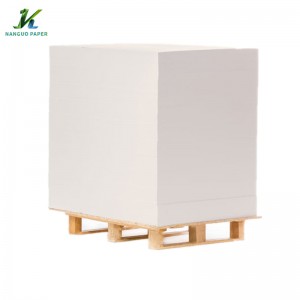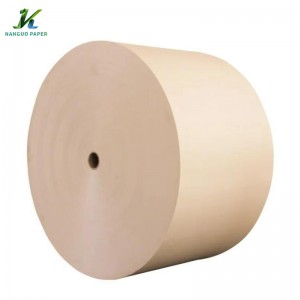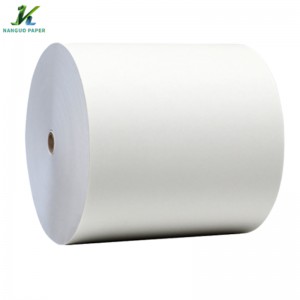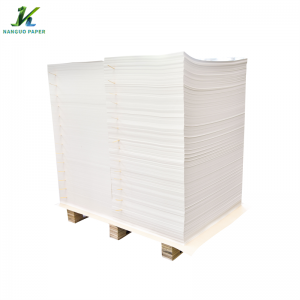Eco-friendly Packaging Materials Supplies
Description
What's Sugarcane Paper?
Sugarcane paper is an environmentally friendly and non-polluting product that has several advantages over wood pulp paper. Bagasse is usually processed from sugarcane into cane sugar and then incinerated, causing further environmental pollution. Instead of processing and burning bagasse, it can be made into paper!
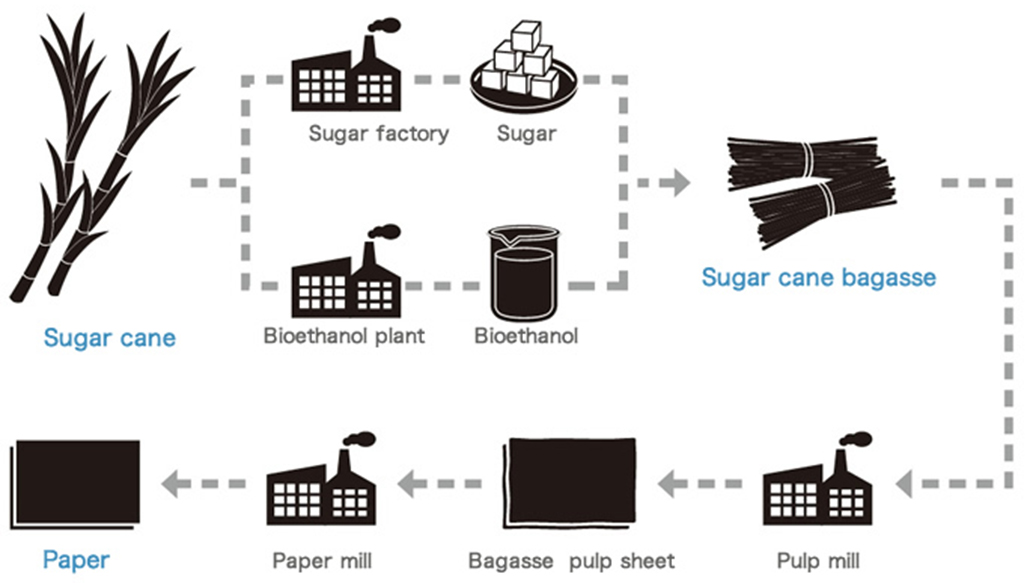
(The above is the production process of sugarcane paper)
Specifications
| Item Name | Unbleached Sugarcane Base Paper |
| Application | To make paper bowl, coffee packaging, shipping bags, notebook, etc |
| Color | Bleached and unbleached |
| Paper Weight | 90~360gsm |
| Width | 500~1200mm |
| Roll Dia | 1100~1200mm |
| Core Dia | 3 inch or 6 inch |
| Feature | Biodegradable material |
| Property | one side smooth polished |
| Printing | Flexo and offset printing |
The Benefits of Sugarcane Fiber
Approximately 40% of the wood harvested is destined for commercial and industrial uses. This excessive use of wood leads to biodiversity loss, deforestation and water pollution, and contributes to greenhouse gas emissions.
Sugarcane fiber has great potential as an alternative to tree-derived paper products.
Ecological materials have three characteristics: renewable, biodegradable, and compostable. Sugarcane fiber has all three characteristics.
Renewable-Fast growing crop with multiple harvests per year.
Biodegradable-Biodegradable means that the product will break down naturally over time. Sugarcane fiber biodegrades in 30 to 90 days.
Compostable-In commercial composting facilities, post-consumer sugarcane products may decompose more quickly. Bagasse can be fully composted in as little as 60 days. Composted bagasse is transformed into a nutrient-rich fertilizer with nitrogen, potassium, phosphorus, and calcium.
Sugarcane fiber is now prominent in the field of environmentally friendly packaging materials and is used in several different industries and products.
Applications
Sugarcane fiber or bagasse is used to produce:




